Have you lost your job or are off of work and struggling to pay rent? DON’T PAY!
As the Coronavirus lockdown closes in on its second month in California, people around the country and the world have been faced with the choice between paying rent and buying basic necessities.
Hundreds of thousands of people have lost their jobs in the United States alone with millions more projected to be fired or furloughed by the summer.
On average, Americans pay about 1/3 of their income in rent every month with that number often higher for millennials.
To compound the problem, rent has been increasing in cities for a while now.
Combined the exorbitant rent costs with healthcare premiums, credit card and student loan debt, car payments, utility payments, and other monthly expenses and people who are out of work right now have been forced into an inescapable corner: pay or face ruin.
Governor Gavin Newsom and President Donald Trump, along with other public officials, have enacted a freeze on evictions. But is this enough?
Not at all. Landlords are still demanding payment.
To respond to this crisis-induced crisis, tenants across the country have organized themselves to resist evictions (which are still being carried out or being planned for later) and rent payments.
According to Rent Strike 2020, a working-class organization that was formed in response to the COVID rent crisis, 78% of Americans live paycheck to paycheck and 58% cannot bear an unexpected $500 expense.
What happens when the paychecks people rely upon stop coming and the “unexpected expense” becomes the unforeseen inability to pay your rent?
A rent strike is a form of community protest against profiteering landlords and housing conditions. Tenants collectively agree to not pay rent, reduce payments, or pay late. There is a long history of rent strikes around the world.
Calls for a rent strike to begin on April 1 originated in March. People across the country took up the call and there are active tenant unions working to protect people from evictions and debt accumulating from unpaid rent.
These strikes are calling for a nationwide freeze on rent, mortgage and utility payments.
But what of the landlords? Aren’t they in this mess just like everyone else? Well, no actually. Not exactly.
Tenants who have lost their income simply can’t pay. There is no way around that. The one-time $1200 check people are expecting from the federal government simply isn’t enough for people to stay afloat during a multi-month crisis that prevents many from working.
Even a rent freeze is only a temporary solution as many landlords will demand the accumulated unpaid rent after the lock down has been lifted, leading to an all-new debt crisis for unemployed workers to be burdened with.
Landlords, on the other hand, have the power of the State on their side. The courts are heavily-favored toward landlords seeing enforced payment or eviction orders. They also are provided more resources by the government to cover these unforeseen occurrences.
Loans like the SBA Economic Injury Disaster Loans (EIDL) “are available for rental property owners in all U.S. states and territories” in times of crisis to sustain their mortgaged property.
The organizers of the rent strike even propose the solution to the landlord’s problems: a mortgage freeze.
This measure has already been taken by Italy, who seek to shift the burden of payment to banks. It should be clear that banks are the worst and are better able to absorb these losses than landlords or homeowners.
Even if resources weren’t more easily accessible for landlords than tenants, a rent strike would still be justified.
Let’s consider the ethics of landlordship and rental properties.
The power of a landlord rests almost entirely in their ability to leverage every human’s basic need for shelter into a personal profit. The power of eviction is the ability to render people houseless due to lack of capital.
Many landlords use their rental properties as retirement plans. While their tenants work to afford a roof, a landlord sits back and collects.
Landlords are expected to care for the property and properly maintain it, but the term absentee landlord exists for a reason. Many landlords are simply unwilling to properly care for their tenant’s residences and will instead often price gouge, demand unfair security deposit payments, or make threats.
Are there decent landlords? Sure, probably. Is the nature of landlordship an inherently ethical position? No, it cannot be as long as they use their power to evict those who cannot pay.
So, what can you do? For now, you and your loved ones are safe from eviction until the end of this pandemic crisis.
But is your landlord still demanding payment or simply deferring it until later? Refuse to pay.
Remember that this isn’t enough, however. Alone, you will probably fail and later be evicted along with a savage hit to your credit.
Together, with other tenants in your building or neighborhood, you have the power of collective bargaining.
Sit down with your allies and plan. If your landlord sent a nasty letter demanding payment, share it online and use the power of social media to shame them into submission. Resources are available to help, some of which will be provided at the end of this editorial.
This rent strike cannot be the finish line, however. This should simply be the beginning. A nationwide rent freeze should morph into rent forgiveness.
A freeze on evictions should morph into a demand for universal housing and the end of evictions altogether.
No one should be threatened with houselessness due to poverty or unemployment.
Like with all problems laid bare by this pandemic, whether it be our healthcare system or how we structure housing for profit, we cannot slip back into the antebellum status quo. We must use this crisis to create a more equitable and loving world where no one is forced out into the cold.
Resources:
https://twitter.com/RentStrike2020
https://www.rentstrike2020.org/the-project
https://twitter.com/LATenantsUnion
https://docs.google.com/document/d/165eYVkW13yzrES7q5ZZaWVFSLFYqYnP2RBzhyQSRIWM/edit



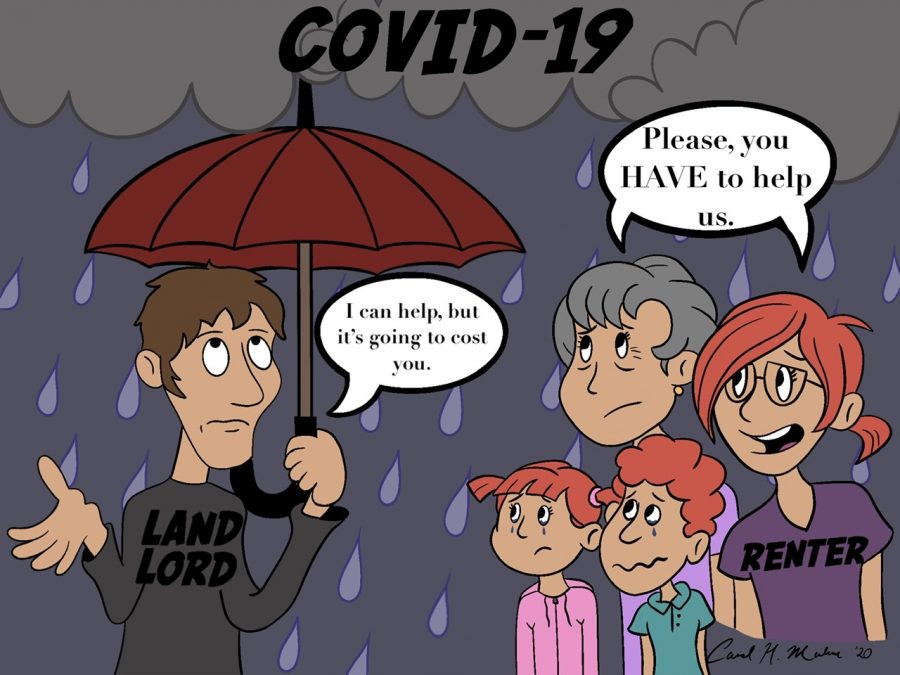





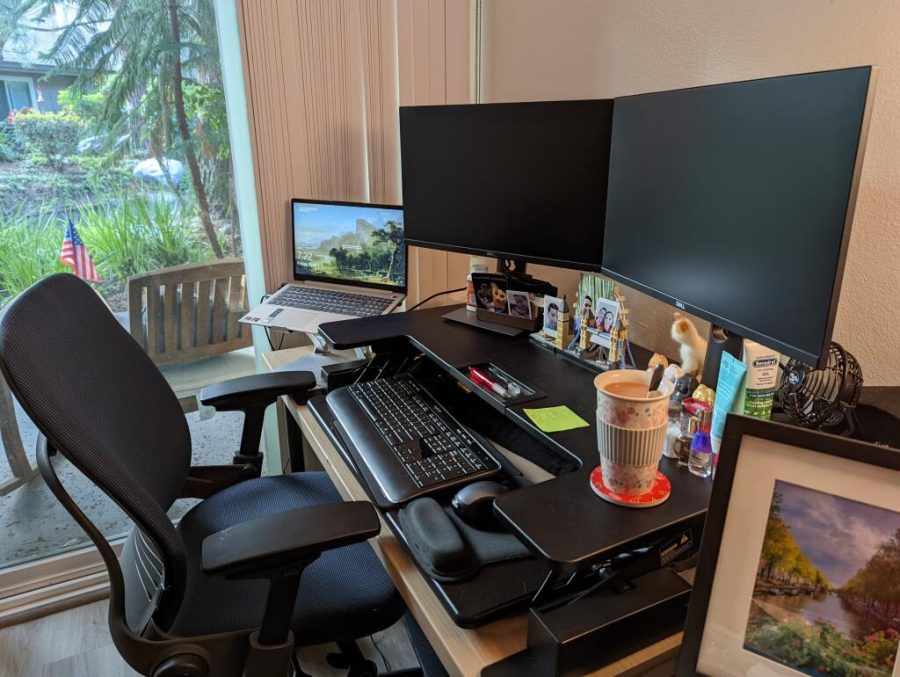
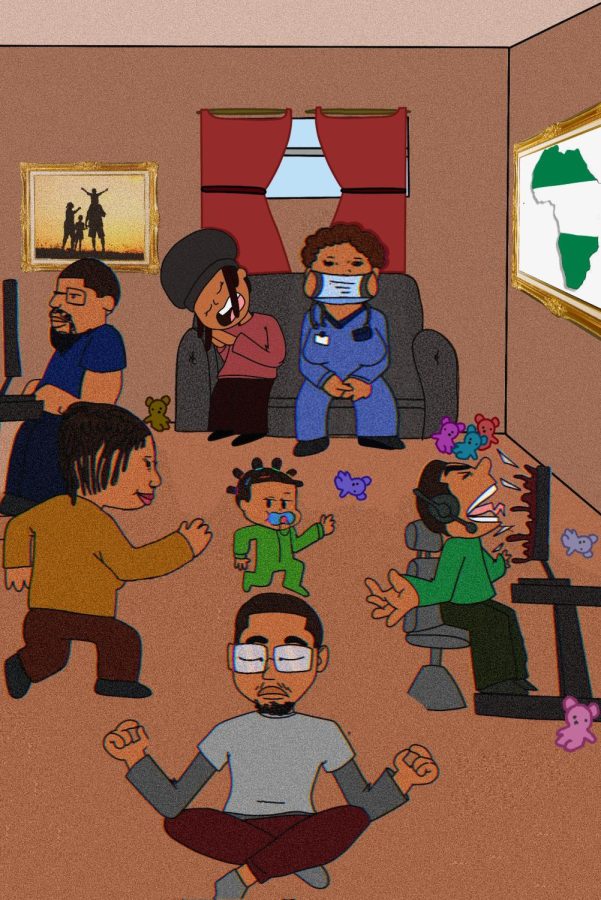

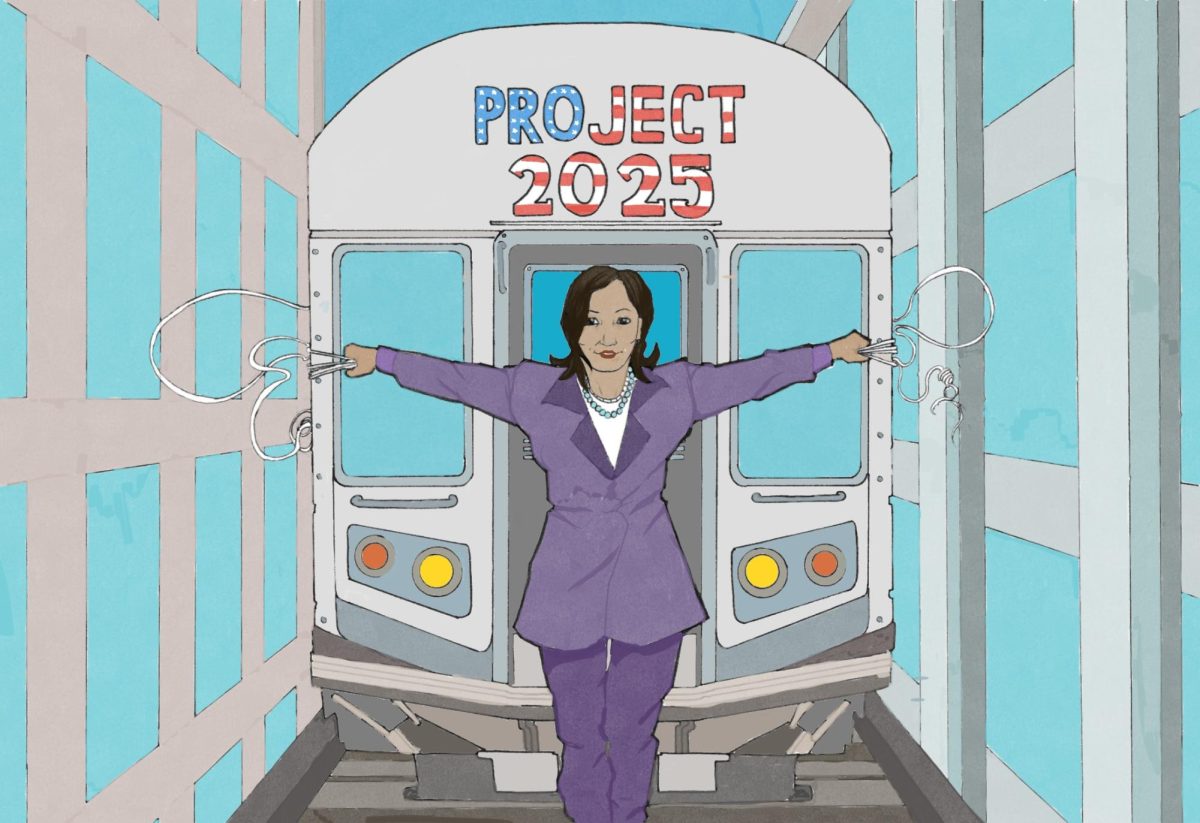
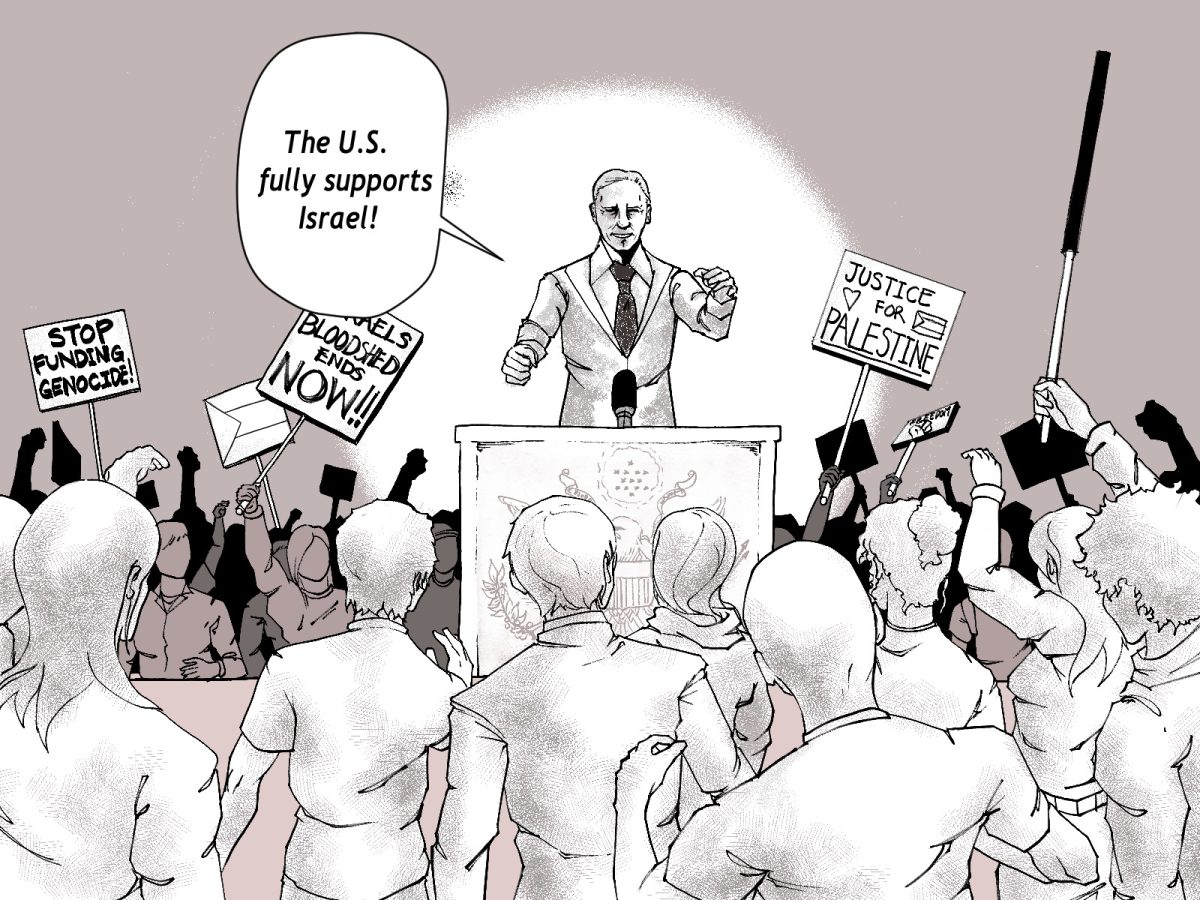

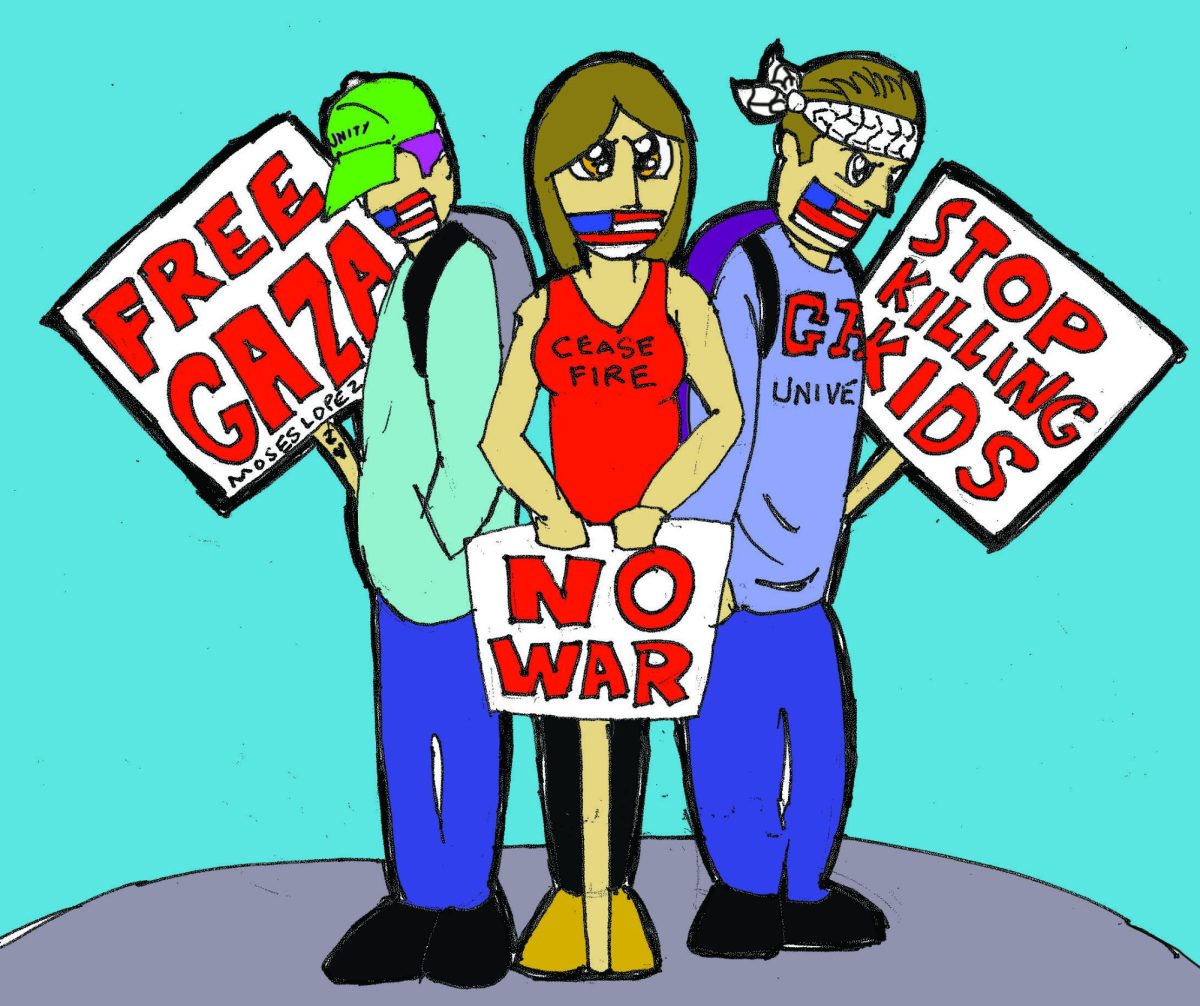
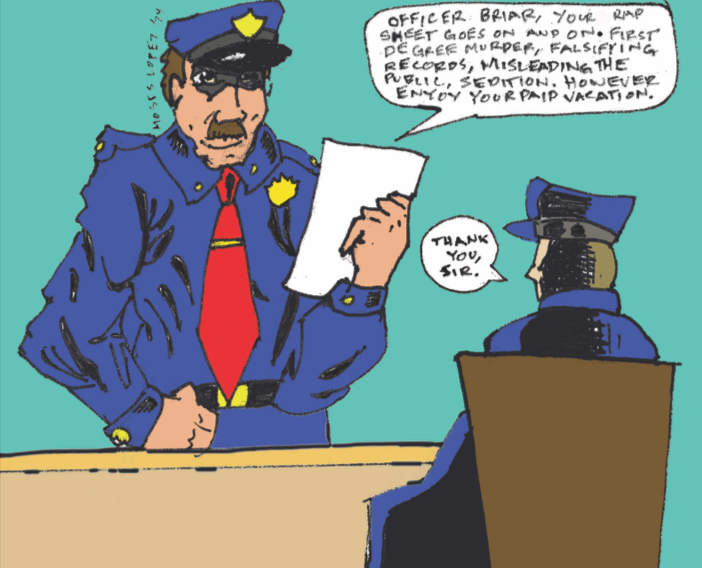






Allen Forsythe • May 14, 2020 at 11:30 pm
It may be worth your journalism time to see the documentary Michael Moore hates America by Michael Wilson. It may or may not impact your journalism career but you won’t know until you see it.
Allen Forsythe • Apr 30, 2020 at 12:51 pm
I’m certainly in favor of a loving and peaceful world. You didn’t mention that in addition to the $1,200 stimulus the unemployed will receive regular unemployed benefits plus a $600 bonus a week for 4 months. Evictions go both ways, housing providers may give notice to tenants and tenants may give notice to landlords. I don’t think you can have rent forgiveness without also having mortgage forgiveness. Instead of the current rent or mortgage deferment options why not just pay 25% less on ALL bills and debts so everyone could survive Covid-19?
Allen Forsythe • Apr 18, 2020 at 2:10 pm
Israeli Professor Shows Virus Follows Fixed Pattern
https://townhall.com/columnists/marinamedvin/2020/04/15/israeli-professor-shows-virus-follows-fixed-pattern-n2566915
Dear Sean, The above article is in response to your previous opinion about Medicare for all. There is a paragraph or two in the article about Italy’s Healthcare System which you referred to in your opinion. Also, not in this article but in reality, medicare-for-all does not mean that everyone pays the same amount for the same coverage and is satisfied with the service and treatment. Furthermore, no one in the USA is denied emergency medical treatment for any reason. Hopefully, soon I will respond to your opinion about rent freezes & strikes.